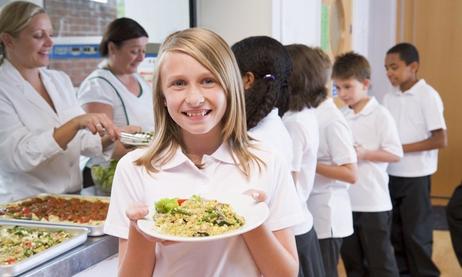While schools should instill moral fortitude into their students, some educational institutions are "cheating" their systems. According to recent investigations, several public schools have been caught tampering with their schools' test score reports, graduation rates, and other performance-related statistics.
What Could Information be Falsified?
Under the No Child Left Behind Act, public school leaders are under incredible pressure to ensure their scores stay high while their graduation rates continue to soar. Public schools must publish data on campus violence, academic performance, and graduation rates. Adding to these focus areas, schools must publicly publish an annual "report card" of the school, allowing community members to ascertain how specific groups have performed throughout the year. The specific groups assessed in this report card are differentiated by:
- Ethnicity
- Disability
- Income (plus other potential related socio-economic factors)
- English language proficiency
In addition, all public schools must disclose their annual dropout rates, teacher qualification standards, and records, as well as other locally-mandated data.
This video is an example of test score manipulation in our schools.
The Pressure to Tamper With Public School Reports
While increased access to school records undoubtedly benefits the community, the transparency mandated by NCLB prompts some school leaders to falsify educational data.
Reason Magazine reveals, "While federal and state legislators congratulate themselves for their newfound focus on school accountability, scant attention is paid to the quality of the data they're using. Whether the topic is violence,






















